Humza Yousaf’s surprise announcement last week has been called many things – very few of them good.
The seemingly last minute council tax freeze has been likened to a “political gambit”, “back of a fag packet” idea and a “rabbit in a hat” moment.
A magic trick that has failed to impress.
Council leaders and Green party members were some of the first to react, a few with real anger, at the proposal and lack of consultation.
Especially in a time when many libraries and swimming pools have been closed due to the financial strain councils are under. And they are not alone.
It is unclear if this scheme – designed to ease the burden of the cost-of-living crisis – will actually help those who are most in need of it.
What exactly has been announced?
The First Minister announced the plans for the council freeze at the SNP conference in Aberdeen last week.
Covering Scotland’s 32 local authorities from April next year, it means rates will remain at their current levels.
Mr Yousaf said the move will be fully funded by the Scottish Government but instead of fostering goodwill towards the party, the freeze has stirred up a number of questions.
Including where this money will come from and whether it could be better spent in other support.
Those struggling will likely not benefit
Those needing food parcels this winter are expected to soar.
Just last week, charity Trussell Trust said they are expecting to give out a record-breaking one million emergency food parcels across the UK from December to February.
On average, this amounts to one food parcel every eight seconds.
Community connector at Instant Neighbour in Aberdeen, Jacqui Hall, said they are already seeing a rise in need for food and help with bills.
Looking at past tax freezes, she said: “Tax freezes haven’t been very positive especially for those on the lowest income.
“The clients we work with will likely not see the benefit of the freeze and will remain facing the same challenges that they face day-to-day.
“This freeze alone will not necessarily change the outlook of food poverty and the other strands which come along with food poverty e.g. poor mental health, poor housing, debt etc.”
Could the money be used elsewhere?
While she said the freeze might be helpful to others feeling the pinch, Ms Hall wondered if the thought – and government cash – could be redirected to address these many needs.
She said: “Seeing the rise in need, the Scottish Government maybe could be using their money elsewhere.
“This could help steady it out, get them on the right track first and foremost and then maybe this freeze will benefit them long-term.
“But I think short-term, there needs to be more focus on what are the needs right now and then what can we do further down the line.
“The Scottish Government and local authorities should be working together to mitigate these challenges to then hopefully reduce food poverty going forward.”
Even in the long-term, Inverness-based economist, Tony Mackay, said there are many concerns.
Describing the plan as a “political gambit”, he said: “I think it was just a political statement that hasn’t been thoroughly worked through.
“One of the obvious concerns is how much money is the Scottish Government going to contribute towards this.
“The First Minister said they’re going to pay for it fully but there’s been no definition of that.”
Calls for a review of spending
He said if the Scottish Government are not planning to cover inflation costs or consider the expected increase in rates, then councils could face a real cut.
Mr Mackay added: “There is concern about both how ‘accurate’ the freeze will be and also if there will be any long term implications.
“The ‘accuracy’ concerns focus on the likely inflation rate.
“Inflation is currently running at about 8%, although that is predicted to fall over the next year.
“Will the Scottish Government pay the councils a sum which includes an 8% increase or similar allowance for inflation, or leave that out?”
Instead of a tax freeze, Mr Mackay said there should be a “rigorous appraisal” of local council spending.
“Certainly, one of the concerns in the Highlands and Inverness is there is a feeling that a significant proportion of the council’s spending is poorly spent,” he said.
“And that there does need to be a very serious review of what councils are spending the money on and basically, having a free ride for the next 12 months means that’s certainly not going to happen.”
What are the Scottish Government saying?
Justice Secretary, Angela Constance, defended the freeze and said it was designed to help struggling households.
Which for 100,000 households across the north and north-east, may cause a sigh of relief as some authorities were looking at a rise of up to 22.5% for some homes.
Speaking on the BBC Scotland’s Sunday Show, she said: “The First Minister has a duty to serve the people of Scotland and right now there is a cost of living crisis and his announcement will benefit two and a half million households in Scotland.
“This will support two and a half million households at a time when everybody, irrespective of their income, is dealing with pressure associated with the cost of living.”
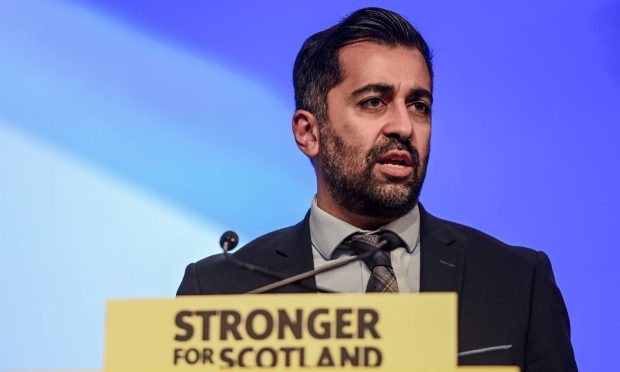
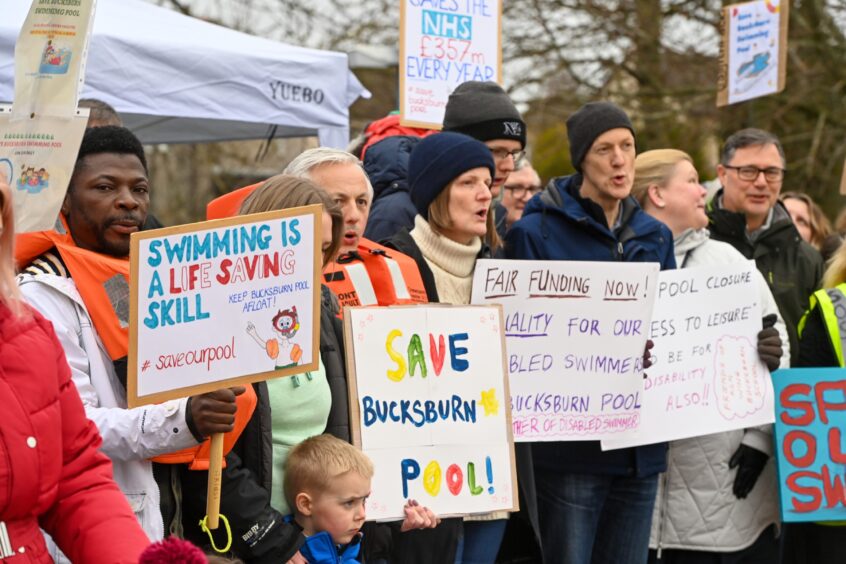
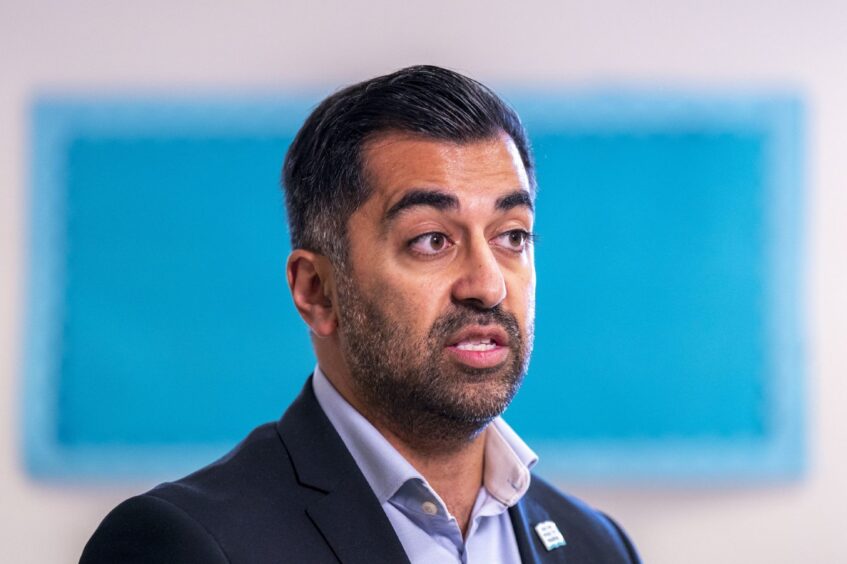
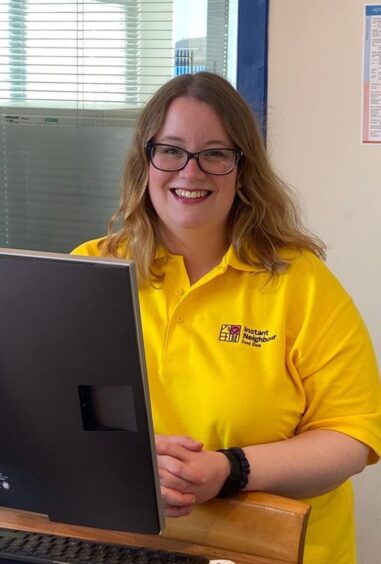
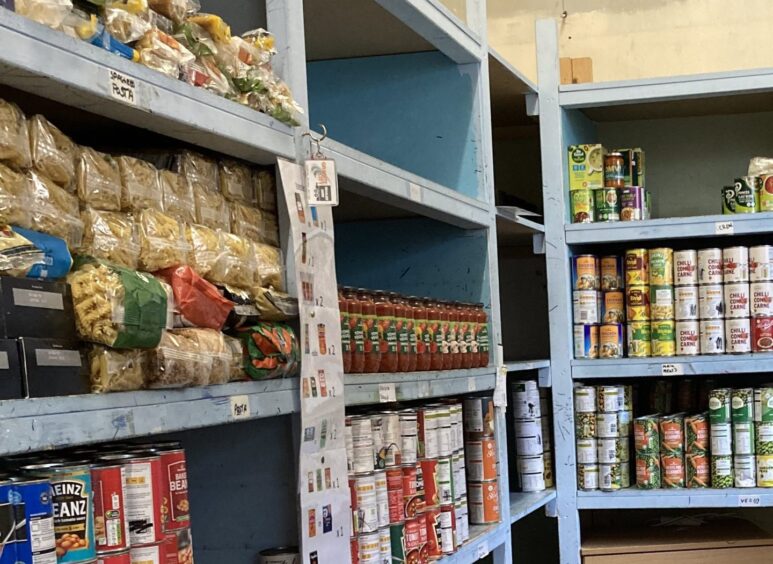
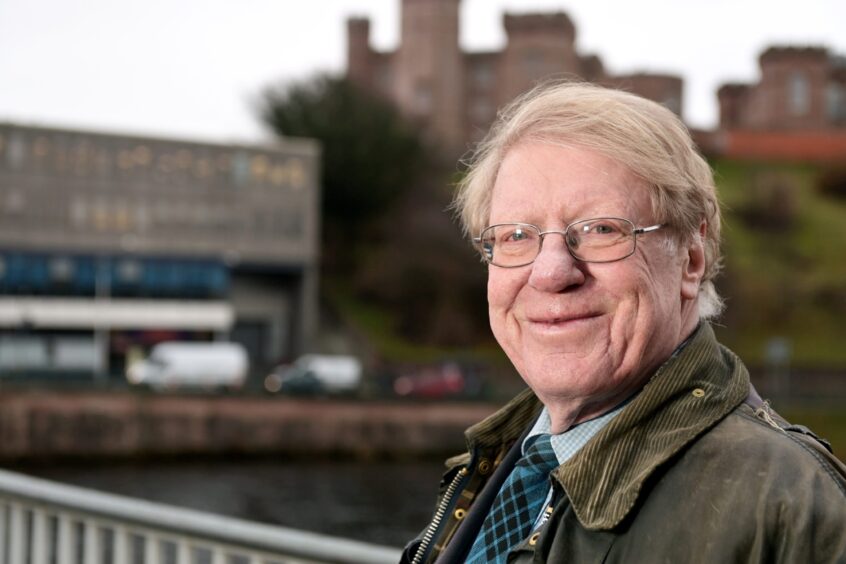
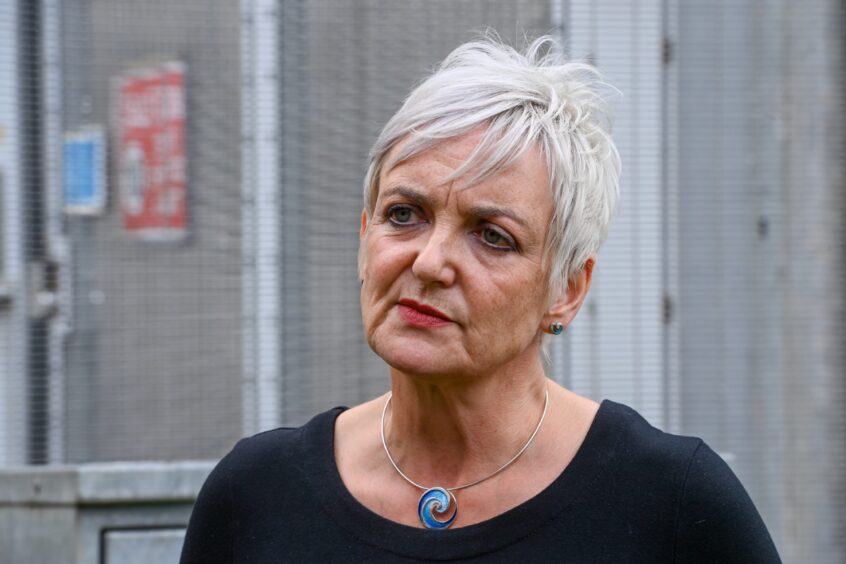
Conversation